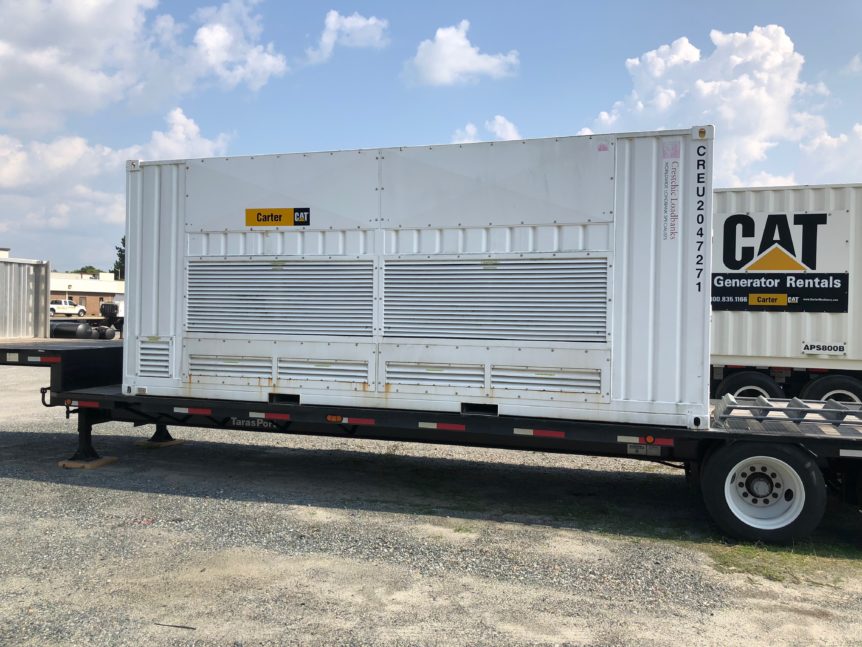January 2021 has been an eventful month so far, with snow and rain bringing severe weather warnings to much of the country. While the snow has an almost inevitable impact our travel and transport systems, the arrival of Storm Christoph resulted in power cuts that impacted homes and businesses across the North of the country and into the Midlands. With
many businesses already under pressure from the current pandemic, Paul Brickman from Crestchic Loadbanks explores how they can mitigate the risk of power outages.
Whether due to adverse weather conditions or planned works carried out by network operators, power outages can wreak havoc and cause major disruptions to businesses of all sizes and across all industries. Being prepared is a critical step to maintaining operability, mitigating production losses and reducing the potential impact of power failures.
Many businesses already recognise that having backup power systems in place can reduce the financial and operational impact of a power failure, with recent data suggesting that investment in backup generators is set to rise. However, wherever there is a need for backup power, there is also a need for it to be tested. The most effective solution for the testing of backup power systems is to use a load bank – a piece of equipment that tests the
generator to make sure it will kick in quickly and efficiently in the event of power failure.
Sites that rely heavily on backup power, such as data centres, will have load banks integrated as part of their backup power system. For others, hiring a load bank for commissioning and periodic testing will ensure that equipment is maintained adequately.
Paul explains, “Today’s customers, whether they are businesses or end consumers, have high expectations that the goods and services they need will be supplied efficiently and without interruption. For this reason, many businesses have a continuous focus on efficiency and reliability, with strategies in place to deal with power blackouts.”
“However, when power is mission-critical, the impact of a power failure – caused by planned outages managed by electricity companies, or unforeseen incidents such as this week’s storms – can be disastrous. Testing back-up power systems can make all the difference to whether they operate effectively when called upon. Just like a car engine, leaving a generator sitting idle for months on end and expecting it to just start up when needed isn’t realistic. A full system test, using a load bank, will ensure that the components of the system work as they should – from the alternator to the oil and fuel pressure. Running a generator on full load will also help to remove deposits from pistons, engine castings and exhausts, reducing the risk of wet stacking, which is a known cause of generator failure.”
For more information on the role of load banks in testing backup power systems, please visit www.crestchicloadbanks.com
Northbridge Industrial Services (LON:NBI) has two core activities, Crestchic Loadbanks and Tasman Oil Tools. Crestchic is a specialist electrical equipment business which manufactures, sells and rents loadbanks and transformers from its base in Burton on Trent and has depots in France, Germany, Belgium, UAE and Singapore. Crestchic also has satellite locations in China and the USA.






































